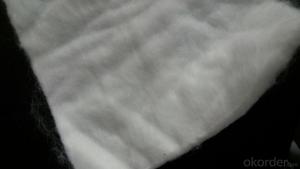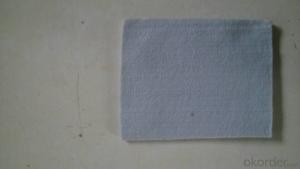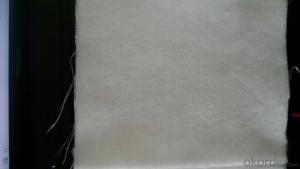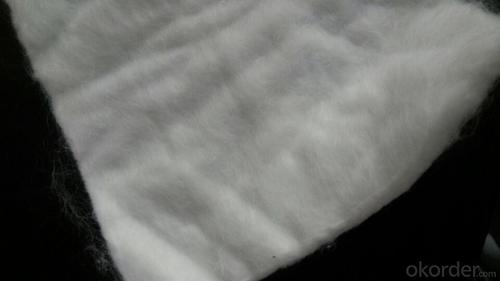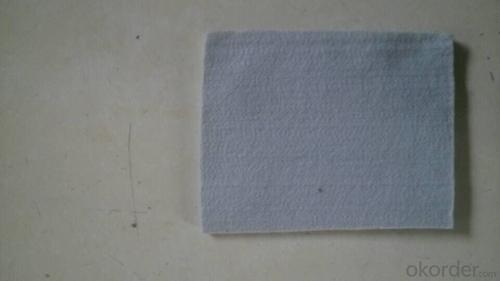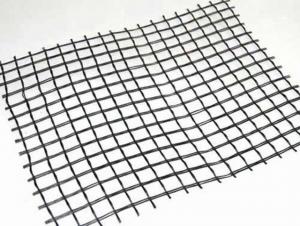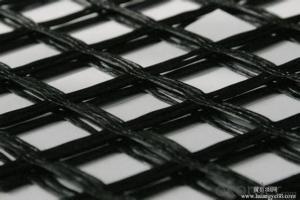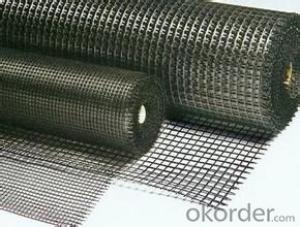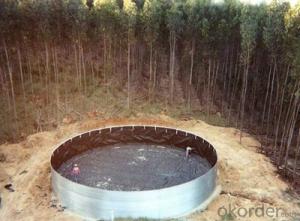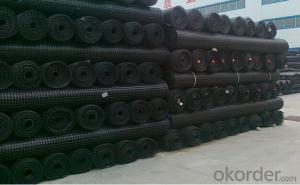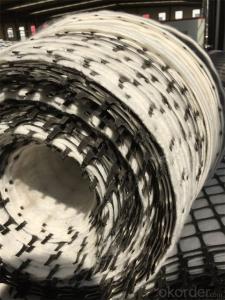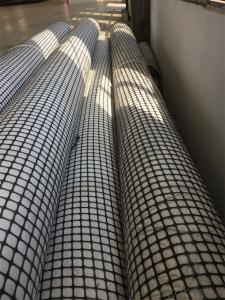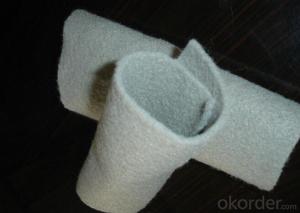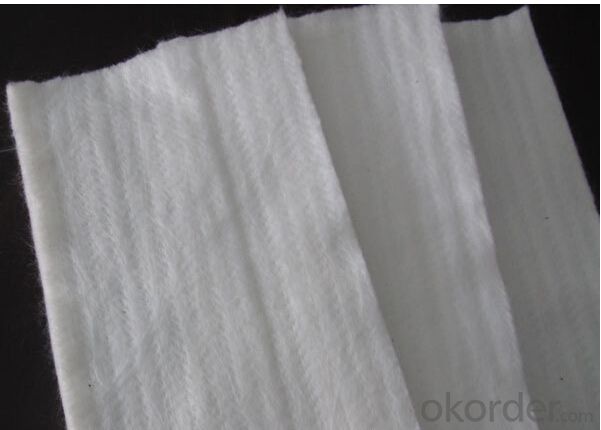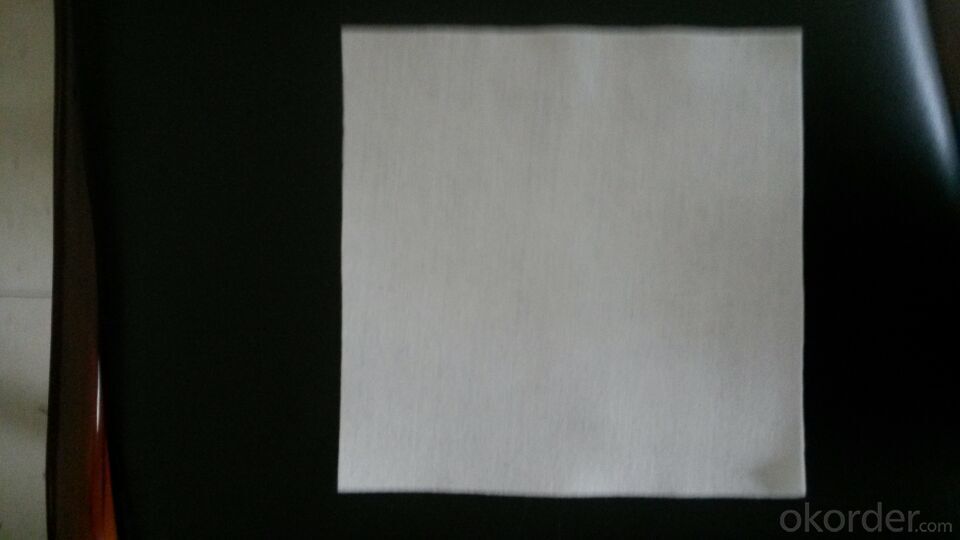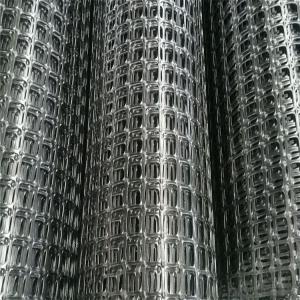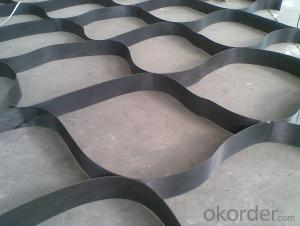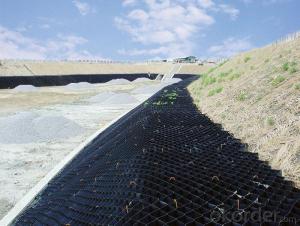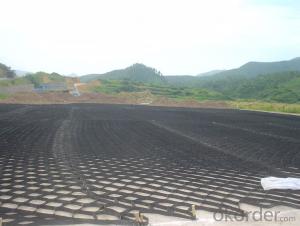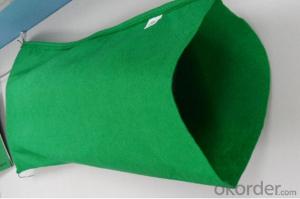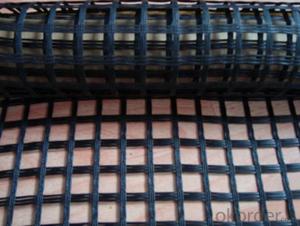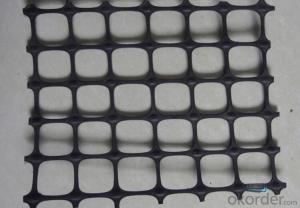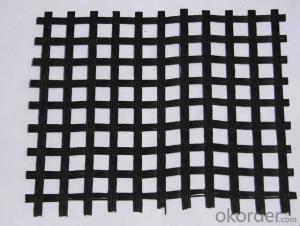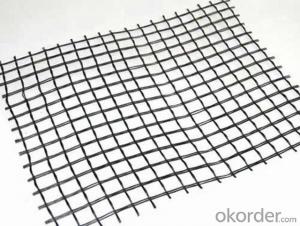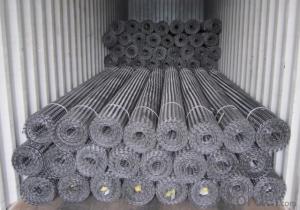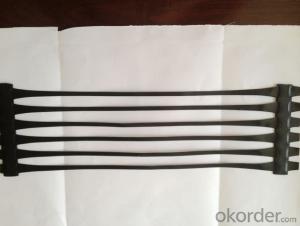Cellular Confinement System of Geocells - Long Fiber PET Geotextile Bag Sand Bag PET High Strength Quality
- Loading Port:
- Tianjin
- Payment Terms:
- TT OR LC
- Min Order Qty:
- 88 m²
- Supply Capability:
- 1900000 m²/month
OKorder Service Pledge
OKorder Financial Service
You Might Also Like
1.Structure of Short fiber Needle Punched Non woven Geotextile Description : Features of Short fiber Needle Punched Non woven Geotextile : ※ Geotextile has good water guide performance, which can form drainage channels inside the soil body, and remove excessive liquid and gas to the outside. Specification of Short fiber Needle Punched Non woven Geotextile : Width : From 1~ 8m Length: 50-100m as customer requests. Weight : 100gsm~ 1500gsm Color : black ,white , grey ,other colors are available |
Image of Short fiber Needle Punched Non woven Geotextile
|
4.Structure of Continuos Filament Spunbonded Non woven Geotextile High Strength Description : Features of Continuos Filament Spunbonded Non woven Geotextile High Strength : The mechanical valies are 2-3times more than ordinary products .Geotextile has good water guide performance, which can form drainage channels inside the soil body, and remove excessive liquid and gas to the outside. Specification of Continuos Filament Spunbonded Non woven Geotextile High Strength: Width : From 4~ 7m Length: 50-100m as customer requests. Weight : 100gsm~ 800gsm Color : black ,white , grey ,other colors are available |
Image of Continuos Filament Spunbonded Non woven Geotextile High Strength |
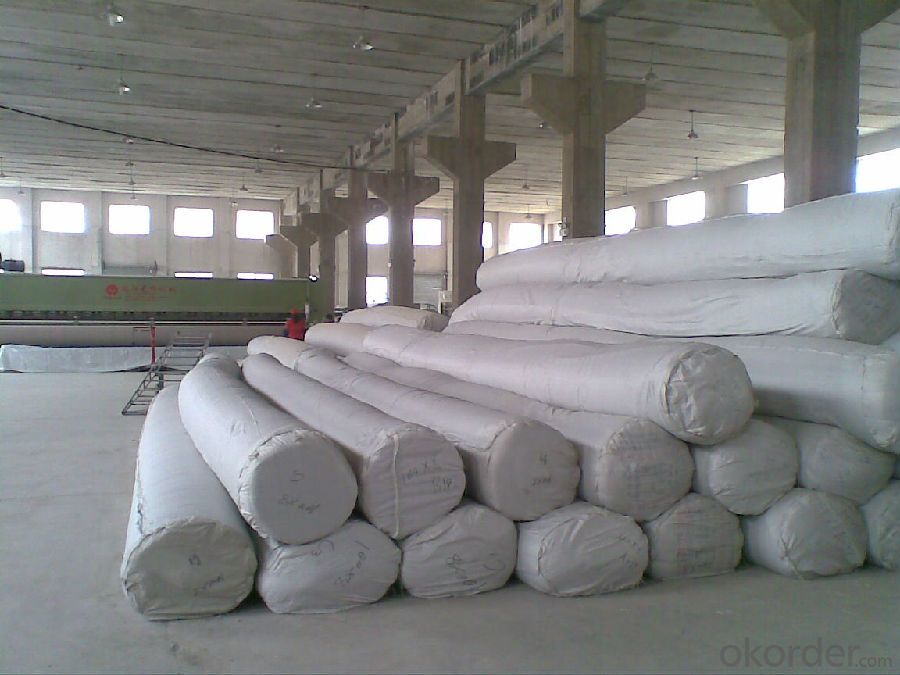
Applications of Continuos Filament Spunbonded NON-Woven Geotextile High Strength :
Non woven Geotextiles can be widely used in railways, highways, sports halls, ,garbage dump ,dams, hydraulic construction, tunnels, coastal beaches, land reclamation, environmental protection and other projects.
Packing of Continuos Filament Spunbonded PP High Strength NON-Woven Geotextiles : Each roll is Packed with paper tube inside and wrapped into a plastic bag , then into containers .
.
FAQ of geosynthetics :
What is geosynthetics ?
Geosynthetics form a perfect erosion control fabric used extremely widely in civil engineering to stabilize and reinforce slopes and soil under or next to roads, railways, dams, water reservoirs etc.. They can be easily applied which minimizes the time of construction, as well as they limit the resources and materials necessary.
What kinds of geosynthetics we have ?
Non-woven geotextile, geogrids, geocells, GCL, Geomembranes, Geonets, Geocomposites etc .
What is the geosynthetics used for ?
Hydraulic
Lagooning and Water Treatment, Ornamental Ponds, Golf Courses
Aquaculture and Desalination,Water Lagoons,Tanks, Reservoirs, Liquid Waste,Floating Cover Solutions, Drainage and Filtration
Environment
Tailing ponds, Leach mining,Landfills,Landfill Capping,Protection against corrosion,Vertical Barriers
Civil Works
Erosion Control,Secondary Containment,Tunnels,Linear and Surface Works,Consolidation of Margins,Soil Reinforcement,Soil Separation.
Building - Parkings,Roofing,Soundproofing
- Q: What are the differences between geogrids and geocomposites?
- Geogrids and geocomposites are both used in soil stabilization and reinforcement applications, but they have some key differences. Geogrids are typically made from high-strength polymers or fiberglass, and they have a grid-like structure with open spaces. They are designed to provide tensile strength and distribute loads across a wider area. Geogrids are mainly used for reinforcing soils, retaining walls, and roadways. On the other hand, geocomposites are multi-layered materials that combine different geosynthetic components. They usually consist of a geotextile fabric or membrane bonded to a geogrid or geonet layer. Geocomposites offer a combination of functions such as filtration, drainage, separation, and reinforcement. They are commonly used in applications like erosion control, landfill engineering, and drainage systems. In summary, while geogrids focus on reinforcement and load distribution, geocomposites offer a more versatile solution by combining multiple functions in a single product.
- Q: What are the installation methods for geogrids?
- Geogrids can be installed using various methods such as direct placement, mechanical connection, and soil reinforcement techniques. Direct placement involves laying the geogrid directly on the subgrade or soil surface. Mechanical connection refers to connecting the geogrid to existing structures or other geosynthetic materials using fasteners or anchors. Soil reinforcement methods involve embedding the geogrid within the soil to enhance its tensile strength and stability. The choice of installation method depends on the specific project requirements and the desired outcome.
- Q: How do geogrids improve the performance of mechanically stabilized slopes in expansive soils?
- Geogrids improve the performance of mechanically stabilized slopes in expansive soils by providing reinforcement and stability to the soil mass. They prevent excessive movement and deformation of the soil, reducing the risk of slope failure and erosion. The geogrids distribute the load applied on the slope more evenly, enhancing its overall strength and preventing the development of cracks and settlements. Additionally, geogrids can control the lateral spreading of expansive soils, minimizing the potential for slope instability.
- Q: How do geogrids enhance the performance of geocells?
- Geogrids enhance the performance of geocells by providing additional reinforcement and stability to the structure. They are placed within the geocells to distribute the load more evenly, prevent lateral movement of soil particles, and increase the overall strength of the geocell system. This reinforcement improves the load-bearing capacity, reduces settlement and deformation, and enhances the overall performance of geocells in various applications such as soil stabilization, erosion control, and retaining wall construction.
- Q: What is the width of glass fiber grating 100cm
- Width 100cm refers to the width of 1.0m wide, the length can be customized according to the actual situation, such as 2m, 3M, etc..
- Q: What are the durability characteristics of geogrids?
- Geogrids are known for their high durability characteristics. They are typically designed to withstand heavy loads, harsh environmental conditions, and long-term exposure to various elements. Geogrids are made from strong materials such as polyester or polypropylene, which provide excellent tensile strength and resistance against stretching or deformation. Additionally, they have good chemical resistance, making them suitable for use in different soil types and corrosive environments. Overall, geogrids offer long-lasting performance and can provide reliable reinforcement and stabilization for various civil engineering applications.
- Q: Can geogrids be used in ground improvement for industrial facilities?
- Yes, geogrids can be used in ground improvement for industrial facilities. Geogrids are commonly used in construction to stabilize and reinforce soils. They can be installed to enhance the load-bearing capacity of the ground, control settlement, prevent soil erosion, and improve the overall stability of the site. In the case of industrial facilities, where heavy machinery and equipment may be present, geogrids can provide a cost-effective and efficient solution for ground improvement, ensuring the safety and stability of the infrastructure.
- Q: What are the advantages of using geogrids in ground improvement for liquefaction mitigation?
- Geogrids offer several advantages in ground improvement for liquefaction mitigation. Firstly, they provide enhanced soil reinforcement, increasing the soil's resistance to liquefaction-induced ground movement. Geogrids also improve the overall stability of the ground by distributing loads more evenly, reducing the risk of differential settlement. Additionally, geogrids can help to increase the bearing capacity of the soil, allowing it to support heavier structures. Moreover, they provide long-term durability and resistance to environmental factors, ensuring their effectiveness over time. Overall, geogrids are a cost-effective and efficient solution for mitigating liquefaction hazards and improving the performance of the ground.
- Q: Classification of plastic geogrid
- 2, to highlight the advantages of geogrid is deformation under sustained loading (creep) tendency is very small, creep strength is much better than other materials geogrid, plays an important role in improving the service life of the project.3, the mesh grille and soil interlock and interlock function, constitute an efficient stress transfer mechanism, so that local load can be quickly and effectively spread to a large area of soil, to reduce the local failure stress, improve the service life of engineering.Three, the application of one-way plastic geogrid:Unidirectional plastic geogrid is a kind of high strength geosynthetics. Widely used in dams, tunnels, docks, highways, railways, construction and other fields.
- Q: Are there any environmental concerns associated with geogrids?
- Yes, there are some environmental concerns associated with geogrids. One concern is that geogrids are often made from non-biodegradable materials such as plastics, which can contribute to pollution and waste accumulation. Additionally, the manufacturing process of geogrids may require the use of fossil fuels and other resources, which can have a negative impact on the environment. However, when used correctly and in appropriate applications, geogrids can also help mitigate certain environmental concerns such as soil erosion and habitat destruction.
Send your message to us
Cellular Confinement System of Geocells - Long Fiber PET Geotextile Bag Sand Bag PET High Strength Quality
- Loading Port:
- Tianjin
- Payment Terms:
- TT OR LC
- Min Order Qty:
- 88 m²
- Supply Capability:
- 1900000 m²/month
OKorder Service Pledge
OKorder Financial Service
Similar products
Hot products
Hot Searches
Related keywords
